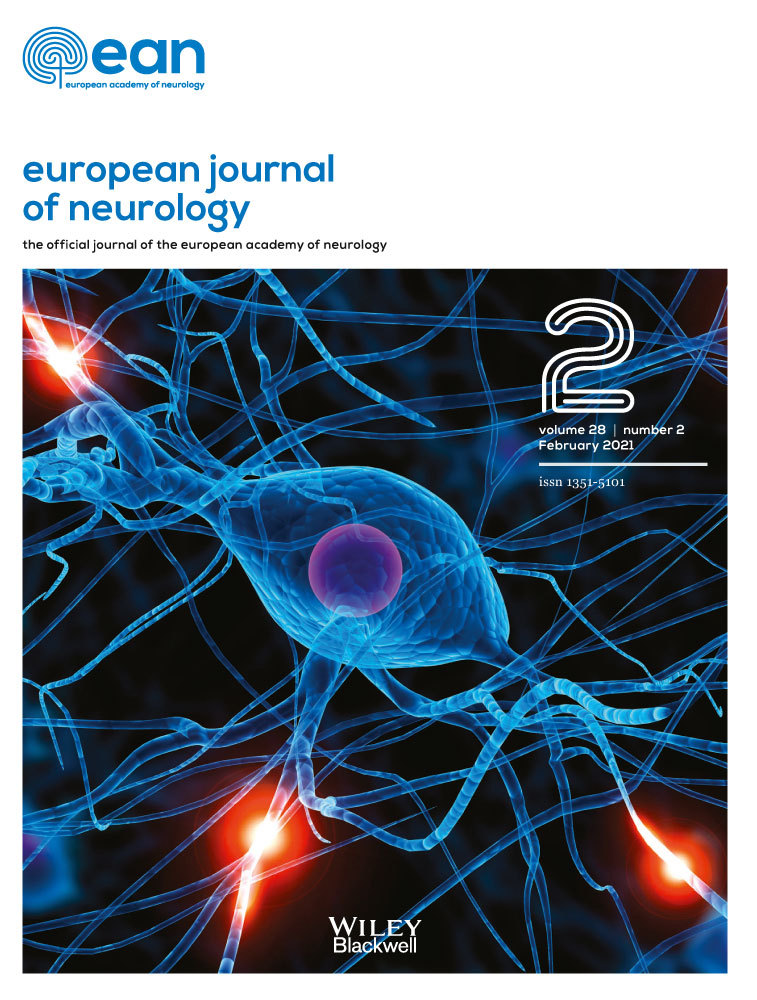Value of treatment by comprehensive stroke services for the reduction of critical gaps in acute stroke care in Europe
Abstract
Stroke is the second leading cause of death and dependency in Europe and costs the European Union more than €30bn, yet significant gaps in the patient pathway remain and the cost-effectiveness of comprehensive stroke care to meet these needs is unknown. The European Brain Council Value of Treatment Initiative combined patient representatives, stroke experts, neurological societies and literature review to identify unmet needs in the patient pathway according to Rotterdam methodology. The cost-effectiveness of comprehensive stroke services was determined by a Markov model, using UK cost data as an exemplar and efficacy data for prevention of death and dependency from published systematic reviews and trials, expressing effectiveness as quality-adjusted life-years (QALYs). Model outcomes included total costs, total QALYs, incremental costs, incremental QALYs and the incremental cost-effectiveness ratio (ICER). Key unmet needs in the stroke patient pathway included inadequate treatment of atrial fibrillation (AF), access to neurorehabilitation and implementation of comprehensive stroke services. In the Markov model, full implementation of comprehensive stroke services was associated with a 9.8% absolute reduction in risk of death of dependency, at an intervention cost of £9566 versus £6640 for standard care, and long-term care costs of £35 169 per 5.1251 QALYS vs. £32 347.40 per 4.5853 QALYs, resulting in an ICER of £5227.89. Results were robust in one-way and probabilistic sensitivity analyses. Implementation of comprehensive stroke services is a cost-effective approach to meet unmet needs in the stroke patient pathway, to improve acute stroke care and support better treatment of AF and access to neurorehabilitation.
Disclosure of conflicts of interest
A.W., A.C.F., E.B., G.R., F.F. and E.N. have no conflicts of interest to declare. B.N. has received honoraria for DSMB work for Astra Zeneca (SOCRATES and THALES trials) and Bayer (NAVIGATE-ESUS trial); V.T. has received consulting fees and travel support and lectures from Boehringer Ingelheim, Pfizer, Bayer, Daiichi Sankyo and Medtronic who manufacture oral anticoagulants, thrombolytic agents and thrombectomy devices. G.V. has received consulting fees and travel support for lectures from Boehringer Ingelheim, Pfizer, Bayer, and Medtronic who manufacture oral anticoagulants, thrombolytic agents and thrombectomy devices.
Open Research
Data availability statement
The data from this evaluation are available on special request to the author group pending submission of an adequate research project.




